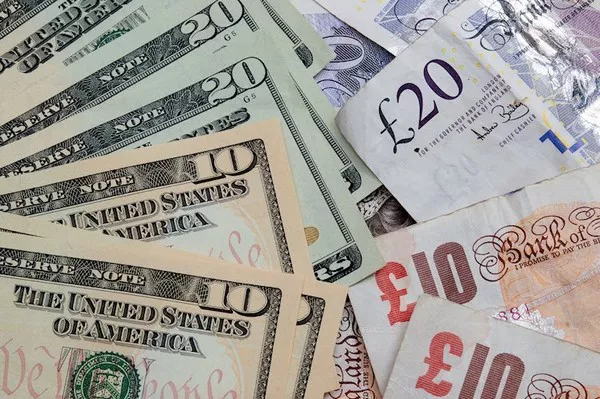Most emerging-market currencies will weaken, strategists at Societe Generale said, warning that the Chinese yuan will see a “modest” depreciation, while the South African rand and Latin American currencies may remain weak. Strategists at Goldman Sachs Group Inc. said a weaker dollar is likely to support exchange rates in other large developed countries, rather than emerging markets.
“The rout in emerging-market FX continues, but the pace will slow,” wrote Phoenix Kalen, an analyst at Societe Generale in London, and others.
Listen to the “Here’s Why” podcast on Apple, Spotify or wherever you listen
While the MSCI Emerging Markets Currency Index closed at a five-month high this week, investor conversations showed that pessimism about the asset class is growing and fund managers are preparing for a trade war. The Colombian peso and the Indonesian rupiah were the biggest losers among emerging-market currencies last week.
“Even if the worst-case scenario doesn’t happen now, the current uncertainty has already done damage,” said Tamas Cser, who helps manage about $2.8 billion in assets at Budapest-based Hold Alapkezelo Zrt. “Investment interest is falling globally.”
Stocks have been hammered, with the MSCI Emerging Markets Index tumbling 3.7% this week. Political turmoil in Turkey, Indonesia and South Korea this year has heightened investor concerns about emerging market risk.
In Turkey, Morgan Stanley revised its forecast this week, saying the lira will weaken by year-end and advising against carry trades. The U.S. tariff saga may have cost Turkey $10 billion in foreign exchange reserves, compounding losses from a domestic political crisis last month.
“FX positioning is likely to fall further this week on global risk aversion related to tariffs, meaning domestic foreign exchange demand will be a key determinant of the outlook for reserves,” Morgan Stanley analysts Hande Kucuk and Arnav Gupta wrote.
Some investors are seeing the sell-off as a bargain-hunting opportunity. Hold Alapkezelo’s Cser said he bought more Polish stocks because he’s betting that Trump’s policies will push Europe to spend more on defense.
Meanwhile, Marin Rosengren, a fund manager at RBC BlueBay in London, predicted that Trump’s tactics will encourage other political leaders to adopt aggressive tactics, increasing the likelihood of more volatility in the market.
“There’s no doubt we’ll see more examples of strongman politics testing the limits of the new world order in emerging markets,” she said. “Investors will shift to a more economic focus and try to see through the political chaos.”
Related topics:































